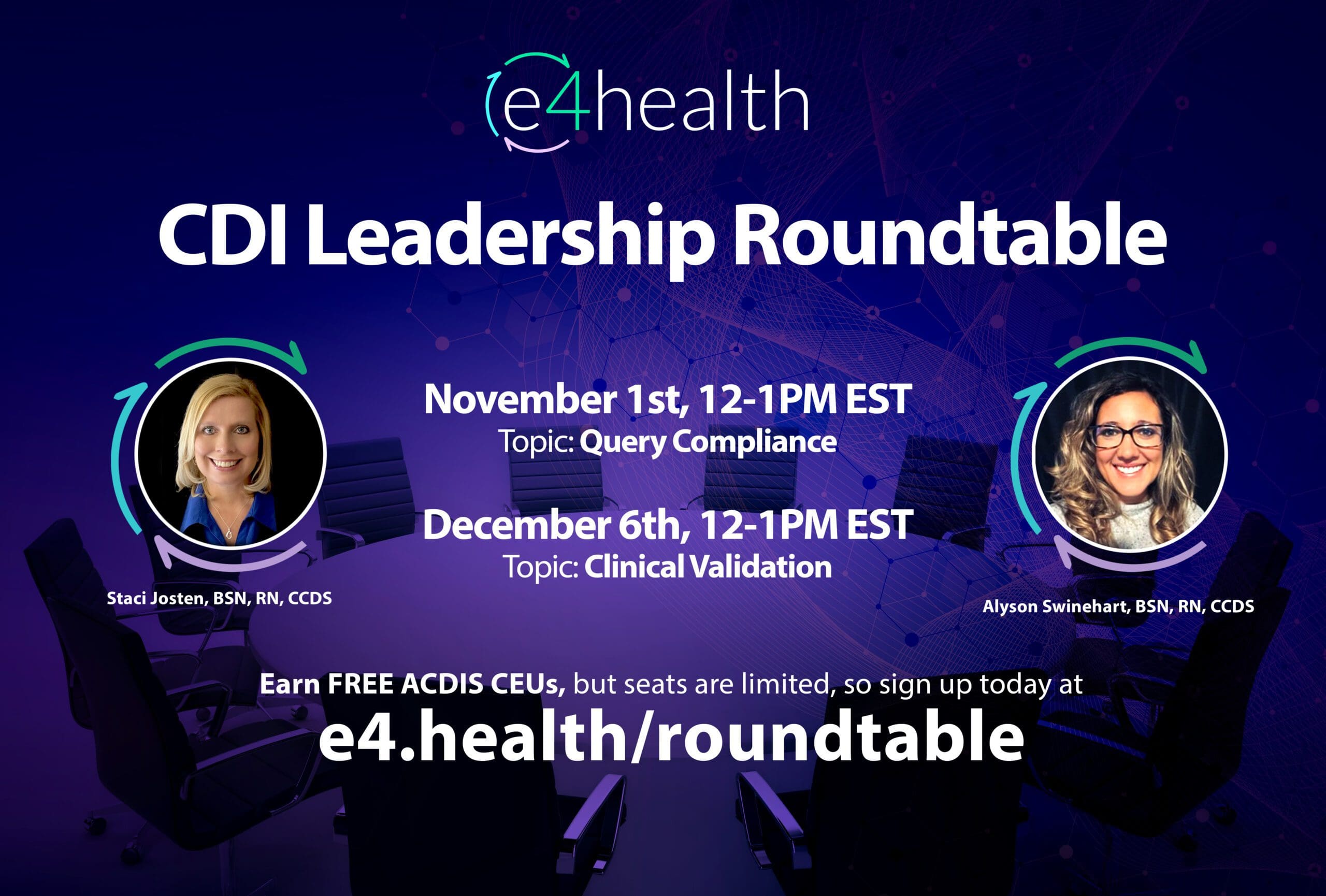Acute Kidney Injury (AKI) Definition
An abrupt (within hours) decrease in kidney function, which encompasses both injury (structural damage) and impairment (loss of function). Etiology categorized as:
Pre-Renal: Caused by any type of reduced blood flow to the kidneys
Intra-Renal: Caused by conditions and impact the glomerulus or tubule
Post-Renal: Caused by some type of obstructive etiology that led to congestion of the filtration system, shifting the filtration driving forces
Diagnostic Criteria
Generally accepted criteria for AKI comes from the Kidney Disease Improving Global Outcomes (KDIGO) which defines AKI as any of the following:
Increase in serum creatinine (SCr) level by ≥ 0.3 mg/dL from a measured baseline within 48 hours
Increase in SCr level by ≥ 1.5x baseline, which is known or presumed to have occurred within the last seven days
Urine output < 0.5mgL/kg/hr. for six hours
If baseline creatinine cannot be confirmed, use the lowest SCr obtained during the hospitalization to diagnosis the presence of AKI.
CDI Practice Considerations
AKI is classified as a CC whereas ATN is classified as an MCC
Review acid-based balances as well as electrolytes as often, they are an indicator of renal malfunction resulting in additional comorbidities or query opportunities
Providers sometimes use the terms “renal insufficiency”, “kidney disease” and “renal failure” interchangeably, but ICD-10-CM classifies these terms to different codes when the conditions are acute
When validating AKI, or determining if criteria is present to query remember:
- 1.5x baseline criteria can be applied prospectively and retrospectively
- However, the ≥ 0.3 criteria can only be applied prospectively when the baseline has been measured within the preceding 48 hours (ie., it requires two separate measurements within 48 hours demonstrating an increase from the first measurement to the second of ≥ 0.3)
Trend labs closely on follow-up reviews when patients present with elevated Creatinine levels as AKI may not be able to be diagnosed or queried until the creatinine levels can be viewed retrospectively
Be aware AKI impacts the CMS PSI 90 measure associated with PSI-10 Post-Operative Acute Kidney Injury Requiring Dialysis
When AKI is documented or identified as a potential query opportunity, CDS’s should review for the etiology, as it may indicate the presence of other comorbidities, or a more specific diagnosis. Common causes of the different categories of AKI are as follows:

Coding Considerations
AKI is classified as the code grouping of N17. Review pertinent Coding Clinics such as:
- AHA Coding Clinic, Second Quarter 2019, p.7 Acute Renal Failure & Kidney Transplant
- AHA Coding Clinic, First Quarter 2019, p. 12 Dehydration and Acute Kidney Injury
- AHA Coding Clinic, Fourth Quarter, 2022, p. 33 New/Revised ICD-10-CM Codes: Contrast-Induced Nephropathy
Acute Renal Insufficiency codes to N28.9, non-CC, Acute Kidney Disease to N28.9, non-CC, whereas Acute Kidney Failure is assigned to category N17 reflecting SOI/ROM impact and is designated as both a CC & HCC. Unspecified Renal Failure is identified with code N19, non-CC
Acute Renal/Kidney Failure and Acute Kidney Injury are synonymous and code to N17.9
Query Opportunities
Query for clarity if the pt. meets criteria for AKI, when the terms “Acute Renal Insufficiency”, “Acute Kidney Disease” or simply “Renal Failure” is documented
Looking for CDI help?
Learn more about e4health CDI Solutions. Our Team is leading the way in the CDI industry.
e4health CDI Education

Earn FREE ACDIS CEUs when you join Staci Josten, RN, BSN, CCDS, Alyson Swinehart, BSN, RN, CCDS, and other CDI leaders for a roundtable discussion regarding important, timely industry topics! The topic for November’s discussion is: Supporting a Compliant and Valid Query Practice – Implementing into Practice the 2022 ACDIS/AHIMA Query Practice Brief. We will provide background on this topic, share industry insights, and facilitate collaborative discussion with guided questions and answers.
Learning Objectives:
• Summarize updates from the 2019 to 2022 AHIMA/ACDIS Query Practice Brief
• Explain the importance of compliant query practice.
• Identify compliant strategies to integrate into query practice.
The goal for the virtual CDI Leadership Roundtable Discussion is for CDI leaders to explore specific topics within CDI, learn about the topic and from each other. During each roundtable, e4health CDI Leaders will present a CDI topic, spend time sharing current industry standards or some education regarding this topic and then open with probing questions for group discussion.
To register, please click here. Seats are limited, so sign up today!
The information and opinions presented here are based on the experience, training, and interpretation of e4health. Although the information has been researched and reviewed for accuracy, e4health does not accept any responsibility or liability regarding errors, omissions, misuse, or misinterpretation. This information is intended as a guide; it should not be considered a legal/consulting opinion or advice.